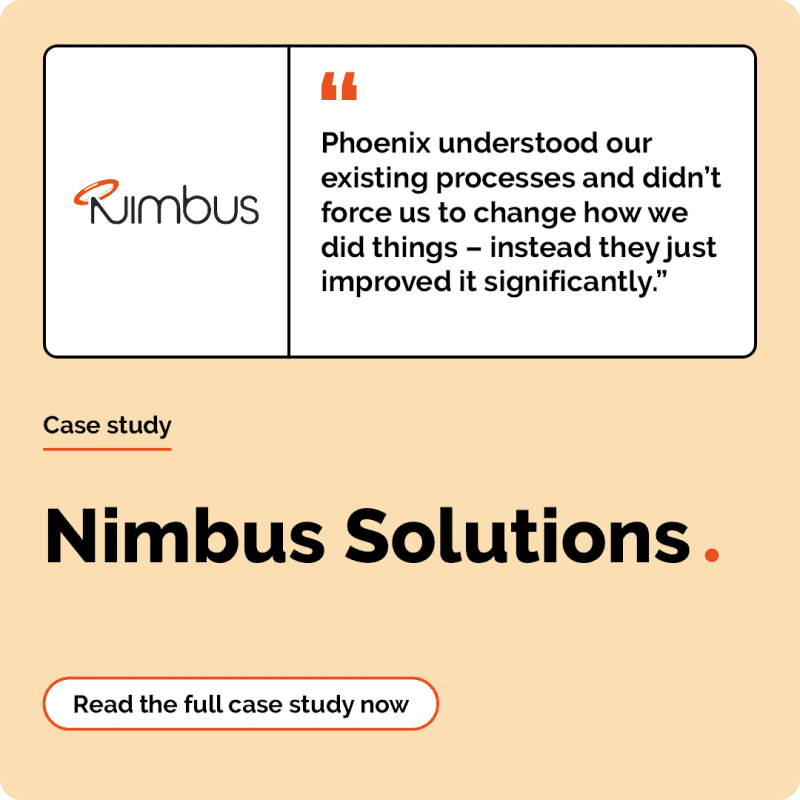Our highly trained software and solution advisors and product specialists are dedicated to providing you with reassurance and qualified guidance around the procurement and on-going management of your software licensing estate.
Many of our advisors have worked in the software industry and at Phoenix for more than 10 years, so they are well-equipped to support you on complex licensing matters. Our aim is to use this deep knowledge and expertise to ensure you get the most out of your software estate and achieve an agile IT infrastructure that promotes success.
What is software licensing?
Software licensing enables software suppliers to monetise and safeguard their products and services and is a crucial aspect for software developers, vendors, and users alike.
Licensing agreements outline whether the software can be used for personal or commercial purposes, the number of users or devices covered, and any limitations on modifications or redistribution.

Software licensing FAQs
Software licensing is a legal agreement between the software developer and the user, which grants the user certain rights and obligations to use the software. Software licensing can be perpetual or subscription-based, and can vary in terms of features, functionality, and support. Software licensing helps the developer protect their intellectual property and generate revenue, and helps the user comply with the software terms and conditions.
Software licensing costs when moving to the cloud may depend on several factors, such as the type of software, the cloud provider, the deployment model, and the usage patterns. Some software licences may allow you to transfer or migrate them to the cloud, while others may require you to purchase new cloud-based licences. Additionally, some cloud providers may offer bundled or discounted software licences as part of their services. Therefore, it is important to review your software licensing agreements and compare different cloud options before moving to the cloud.
Software licensing management is important for several reasons. First, it helps you ensure compliance with the software terms and conditions, avoiding legal risks and penalties. Second, it helps you optimise your software spending, avoiding over-licensing or under-licensing, and identifying opportunities for cost savings. Third, it helps you improve your software performance, security, and availability, by enabling timely updates, patches, and support. Software licensing management can also facilitate your digital transformation and cloud migration, by aligning your software needs with your business goals.






